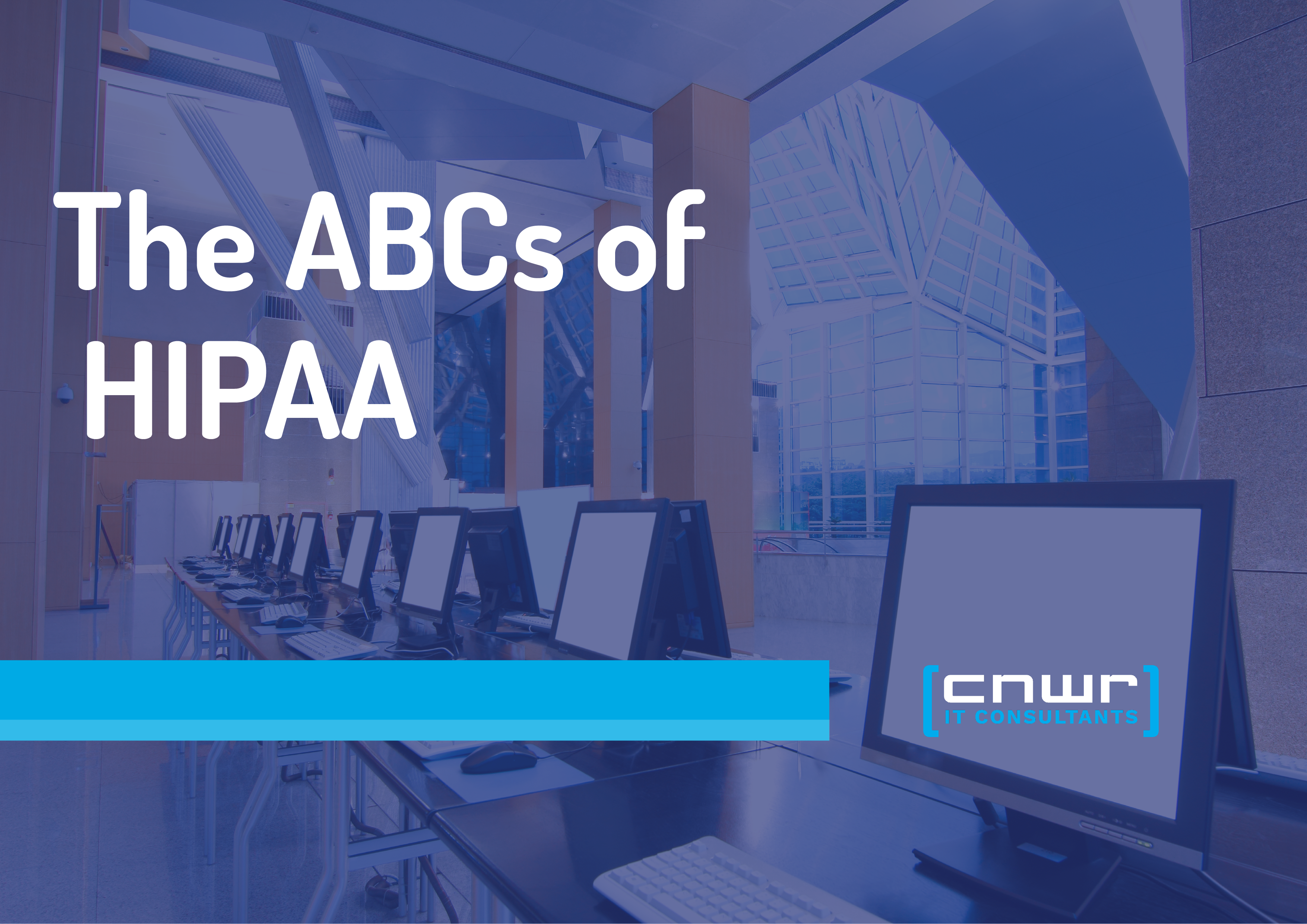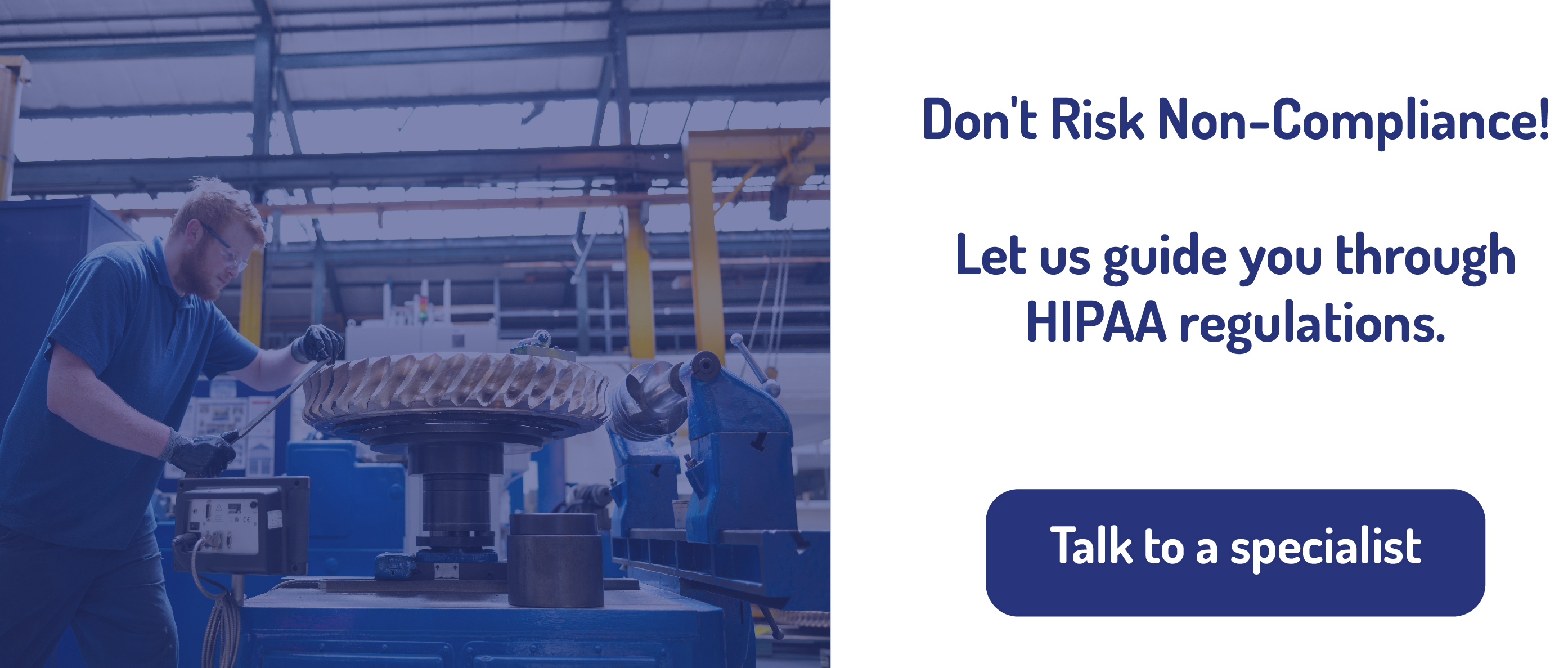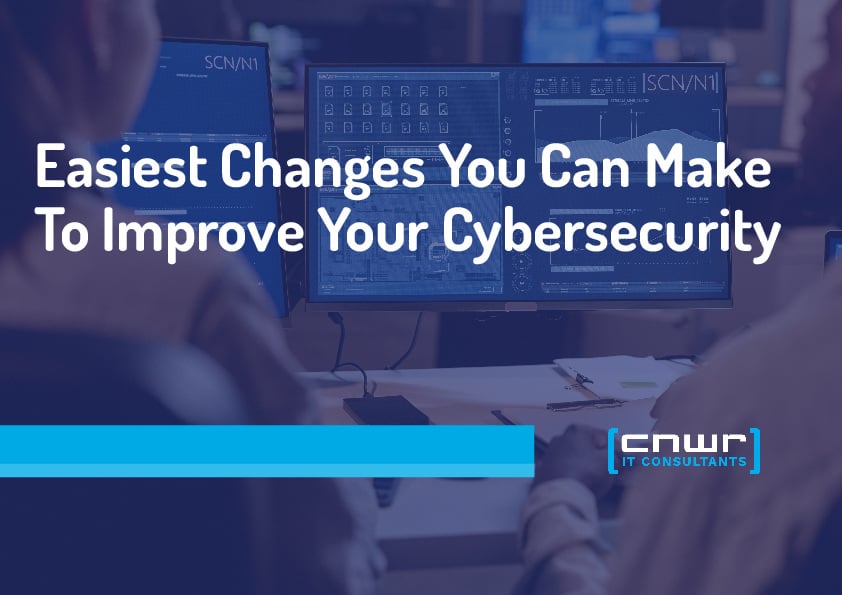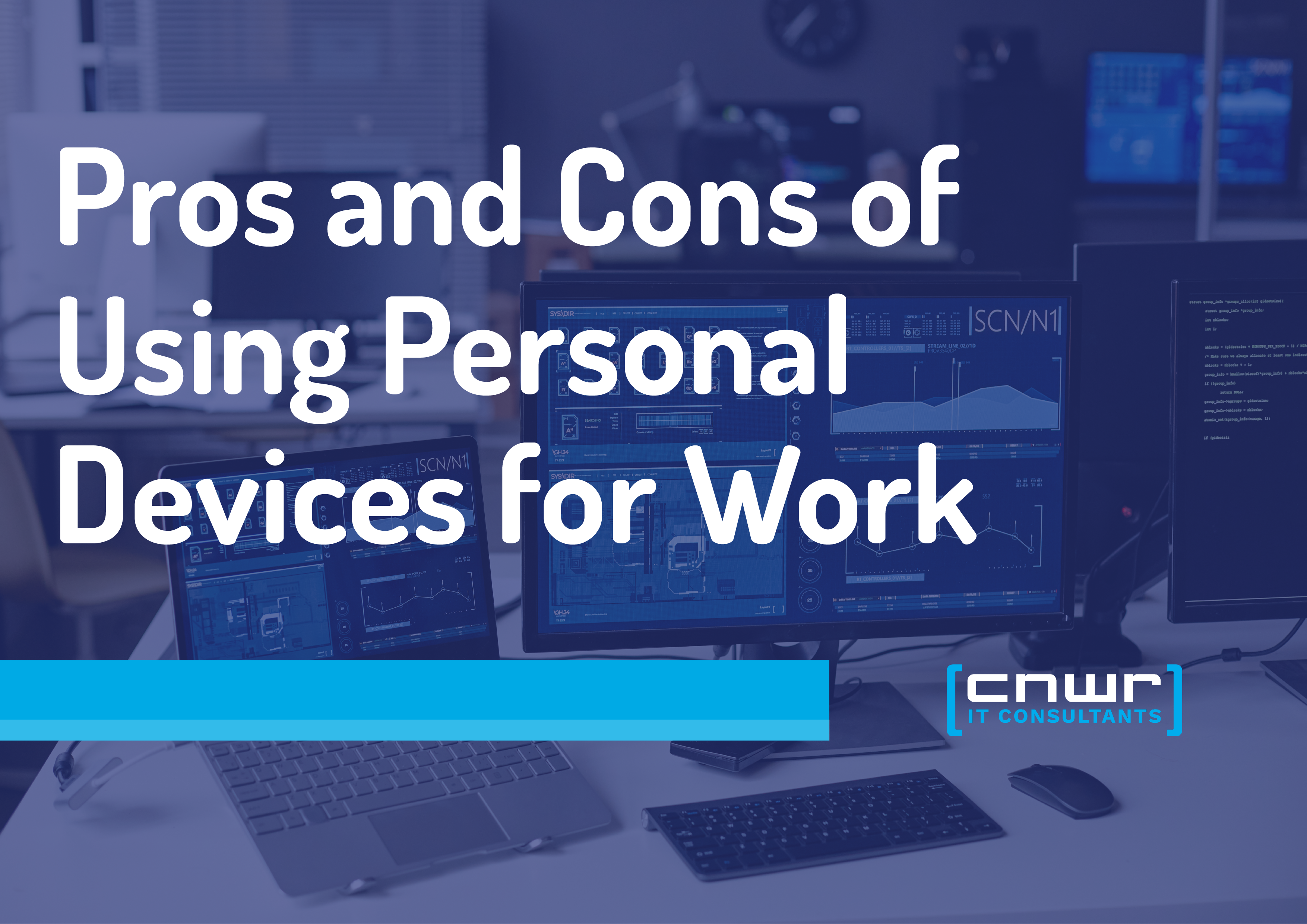HIPAA - the Health Insurance Portability and Accountability Act - is more than just a fancy acronym that healthcare professionals throw around. It's critical legislation protecting sensitive health information from falling into the wrong hands.
How does it work? Why was it established? Most importantly, how does it impact you - whether you're a patient, a healthcare provider, or a business owner in the healthcare industry?
This blog post will explain its origins, purpose, and how it safeguards your health information. We'll also explore the potential consequences of non-compliance, a wake-up call for any organization.
What is HIPAA?
HIPAA stands for the Health Insurance Portability and Accountability Act. This United States legislation, established in 1996, provides data privacy and security provisions for safeguarding medical information. It has become highly significant with the advent of digital health records, ensuring that patients' sensitive health information is protected while allowing the flow of health information needed to provide high-quality health care.
Why was it established?
HIPAA was created to improve the portability and continuity of health insurance coverage. Before HIPAA, individuals often faced the risk of losing their health insurance coverage if they changed or lost their jobs. HIPAA made it easier for such individuals to maintain their insurance coverage, thereby helping to ensure they could continue receiving the medical care they needed.
It was designed to combat waste, fraud, and abuse in health insurance and healthcare delivery. By setting standards for the electronic transmission of health information, HIPAA aimed to reduce the administrative costs of healthcare and make the system more efficient.
HIPAA was also created to promote the use of medical savings accounts. These accounts allowed individuals to save money for future medical expenses tax-free, encouraging them to take greater responsibility for their health care costs.
Lastly, and perhaps most importantly, HIPAA was designed to improve the privacy and security of individuals' health information. Before HIPAA, there were no universally accepted standards for protecting health information. HIPAA introduced a set of national standards for protecting health information, giving individuals greater control over the use and disclosure of their health information.
How does it work, and how does it impact you as a patient, a healthcare provider, or a business owner in the healthcare industry?
HIPAA sets the standard for protecting sensitive patient data. Any company dealing with protected health information (PHI) must ensure all the required physical, network, and process security measures are followed. This includes entities like healthcare providers, insurance companies, and healthcare clearinghouses.
Secondly, healthcare providers cannot disclose your medical information without your consent under HIPAA. That means no sharing with friends, no posting on social media, and certainly no coffee shop conversations. Your health information is your business and yours alone.
Lastly, HIPAA also gives you rights over your health information, including the right to obtain a copy of your records, make sure they're correct and know who has seen them.
But here's the best part: HIPAA works. According to the U.S. Department of Health and Human Services, since 2003, over $105 million in penalties have been levied against organizations that failed to comply with these rules. Those numbers speak volumes about the effectiveness of this system.
Six reasons why a company in the healthcare industry needs HIPAA?
- Patient Privacy Protection
Provides a standard for protecting sensitive patient data. Any company that deals with protected health information (PHI) must ensure that all the required physical, network, and process security measures are in place and followed.
- Regulatory Compliance
Sets the standard for healthcare data protection. Non-compliance can result in hefty penalties and damage to a company's reputation.
- Trust Building
By complying with HIPAA, healthcare companies demonstrate their commitment to securing patient data, thereby earning patient trust.
- Data Management
Helps healthcare companies manage their data better. It mandates regular audits, backups, and other procedures that ensure data integrity and availability.
- Risk Management
Identifies and mitigates risks related to PHI. It requires companies to have a risk management process and regularly review security measures.
- Prevent Data Breaches
Compliance with HIPAA helps prevent data breaches by providing guidelines on securing PHI. This includes encryption, secure access controls, and employee training on handling PHI.
Feel lost?
Don't do it! If your company needs tech support or dependable IT services, guess who's ready and waiting to step up? That's right - CNWR. It's like having your own personal IT superhero on speed dial. CNWR is always crafting personalized IT strategies that fit with every partner; those strategies, of course, include the healthcare industry.
Companies need to focus on what they do best - running the business, while CNWR takes care of the tech.





.jpg)